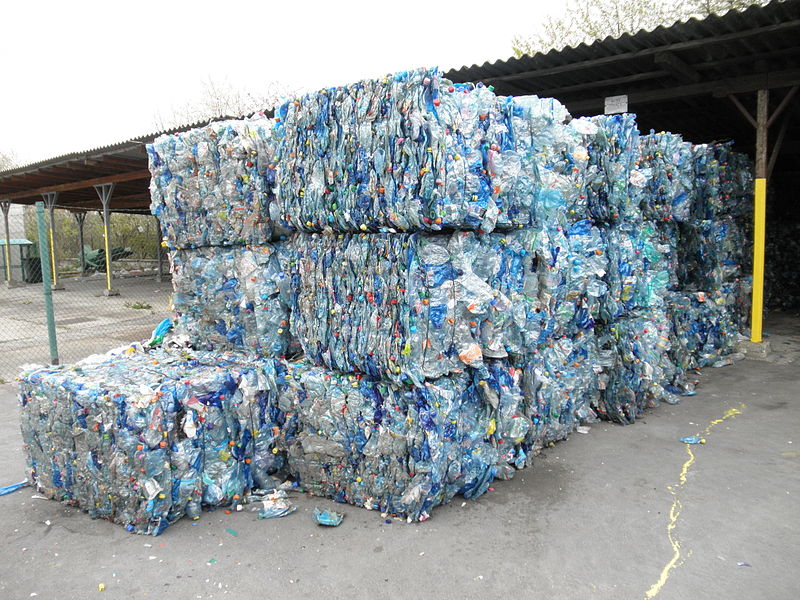As IndustryTap has been documenting, there is no shortage of grand visions for solving the world’s energy problems. The sentiment is widely shared that people and businesses should do whatever it takes to put the world on a sustainable path so future generations inherit a world they can live and prosper in. But big changes often lead to unforeseen consequences, as the recent decision by Germany to forgo nuclear energy is illustrating.
The German Decision
In the weeks following the Fukushima Daiichi nuclear accident in March 2011, Germans took to the streets in large numbers to protest against nuclear energy. It took Angela Merkel’s government just two months to decide that Germany would close all of its nuclear plants by 2022. The plan had been in the works prior to Fukushima and was just sped up by the disaster.
Then in September 2011, Siemens, builder of all 17 of Germany’s nuclear power plants, announced its exit from the nuclear energy sector, citing Fukushima and the recently announced change in German nuclear policy. Siemens seemed to acquiesce with the sentiment of the German people and government and announced it would not build any more nuclear power plants worldwide. In so doing it ended its partnership with Rosatom, the Russian state-controlled nuclear power company.
Energy Supply Squeeze Caused by Phaseout
Germany’s plan is to get to 80% renewables by 2050; it is currently at about 25%.
According to a recent report from the World Nuclear Association, Germany has been obtaining one quarter of its electricity from nuclear energy. Due to recent shutdowns of plants that number has dwindled to 18%. The cost of replacing nuclear power with renewables is expected to cost $1.3 trillion (1 trillion euros).
Energy Prices Rising, Causing Pain
According to the German Economic Ministry, prices of electricity have begun to rise and will increase between €3-€5 cents per kilowatt hour over the next 12 months, adding an additional burden of $130-$220 (€105-€175) per year for an average family of three. One tenth of Germans are having troubles paying their increasing electricity bills. In the German Parliament, a debate is raging about who is going to pay for the transition from nuclear to renewable energy resources.
In addition, businesses are becoming worried about energy costs that will put them at a disadvantage to competitors around the globe. Reports suggest that energy-intensive businesses that had been considering Germany as a location are rethinking those plans in light of rising energy costs.
This type of event will occur more and more frequently as the world transitions to renewable energy resources. For more photos by Michael Danner, visit his site.
Related articles on IndustryTap:
- Nuclear Power: Stayin’ Alive Via Tech Advances, Renewables Intermittency
- Japan’s Alternatives To Nuclear Power Include Solar Islands In The Sea
- Unidentified Drones Keep Flying Over Nuclear Power Plants In France
References and related content:






